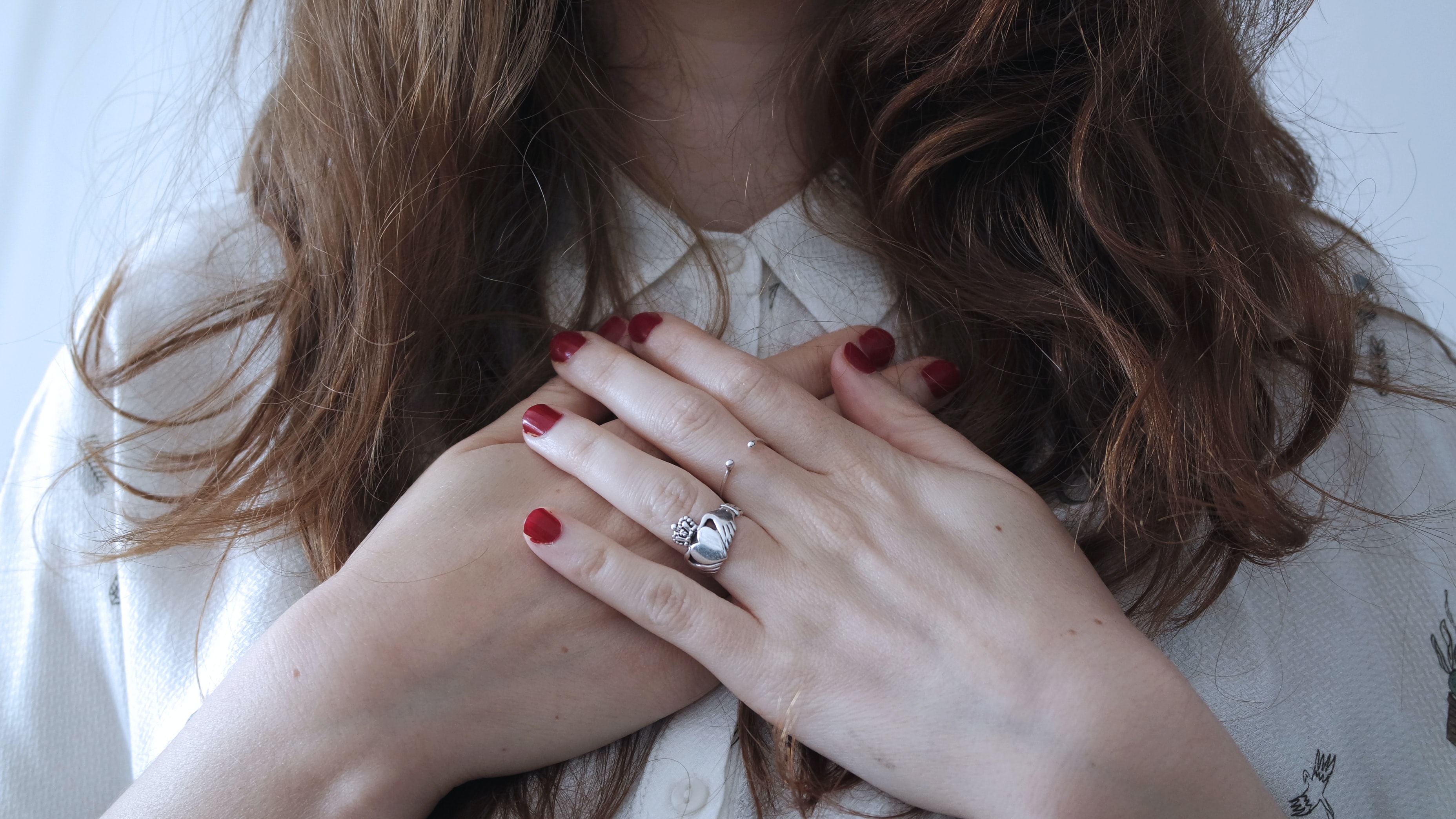The Power of Acceptance and Finding a Hair Loss Solution

Losing your hair can trigger a roller coaster of emotions, similar to the stages of grief. While many may wonder why losing hair can trigger such intense emotions, it’s important to remember that hair is often tied to our sense of self or even our identity. Hair, especially for women, is highly valued in Western societies. Outsiders, or even yourself, may feel silly or vain for feeling upset over your hair loss.
At Daniel Alain, we understand what an emotional journey hair loss can be. We want to remind you that there is nothing wrong with grieving the loss of your hair. Losing a part of yourself, especially a part you see every day or may even be proud of or love, is difficult. In this article, we’re going to discuss how finding acceptance can be one of the best sources of empowerment when looking for a hair loss solution.
Hair Loss and the Stages of Grief
It is normal for someone who is losing their hair to go through the five stages of grief. Outside forces or perceptions may make one feel guilty about grieving for their hair when, in reality, there is nothing wrong with grieving for something you value. Generally, grief is divided into five stages, all with associated emotions that can go with each stage.
Denial
When you start losing your hair, you may ignore the problem entirely. You may not want to deal with it and may actively tell yourself, or even loved ones, that you are not losing your hair. Even if you’ve been diagnosed with androgenetic alopecia or another hair loss condition, you may fight the diagnosis by not believing that it is happening.
Signs of denial: Avoidance, keeping busy, saying “It’s fine,” or “I’m fine.”
Anger
Hair loss can trigger anger and questioning. You may ask, “Why me? How is this fair?” You may find yourself unusually irritated or snapping at loved ones. If someone offers a solution or suggestion, you may be unresponsive or angry that the suggestion was made. This stage is often associated with volatile emotions and feeling out of control.
Signs of anger: Irritability, pessimism, increased substance use
Bargaining
When you enter the bargaining stage, you hope that you can somehow manifest things to change. You may make promises to yourself or a higher power, swearing you’ll do XYZ if it means you can have your hair back. This stage is often associated with high guilt as many people in this stage will wonder what they could have or should have done differently. This stage can trigger excessive regret over minor things.
Signs of bargaining: Thinking about could-haves or should haves, self-judgment, ruminating
Depression
While not the same as clinical depression, this stage of grief mirrors symptoms of depression such as excessive sadness and a lack of energy. You may feel completely hopeless and as if the entire situation is out of your control. Perhaps you’ve tried other solutions and nothing seems to be working, which is bringing you down even more. In this stage, you may notice that you feel more withdrawn from friends and loved ones, and less willing to do the things that usually bring you joy. You may want to be left alone and cry.
If you have already experienced depression or any other mental illness, this stage can be particularly difficult. If you feel you are experiencing a mental health crisis, please call SAMHSA’s National Hotline at 1-800-663-4357.
Signs of depression: excessive sadness, hopelessness, lethargy, reduced interest in pleasurable activities
The final stage of grief is acceptance.
Acceptance as a Form of Empowerment
When you come to terms with and accept the situation at hand, you can make more rational and informed decisions. You are willing and ready to address your needs using logic rather than pure emotional drive. Acceptance can help you see what is working for you and what is not. It allows you a new perspective.
Acceptance returns the power of the situation to you. Rather than feeling like your hair loss is controlling you, you have control over it. While you may not be able to reverse or stop it, you can control your reaction and how you proceed, rather than feeling like it is the thing that is ruling your life.
If your hair loss triggered insecurity, you may notice you have stopped attending parties with friends or loved ones. Maybe you’re hesitant to go to your yoga class or do anything that might reveal your hair loss. Once you accept your hair loss, you can take concrete steps toward feeling like yourself again and finding the best solution. This will eventually lead you to regain your confidence. You’ll start going to parties and events again, uninhibited by your hair loss.
Signs of acceptance: Self-compassion, being present, tolerating, validating, and working through difficult emotions
Coping with Hair Loss
Denial and avoidance are two huge barriers to conflict resolution. When you experience these feelings regarding hair loss, you push off dealing with the issue at hand effectively. Once you deal with it and accept it, no matter how uncomfortable it is, you’ll be in a better place to regain control of your life. Hair loss will no longer dictate what you can or can’t do.
Hair loss doesn’t have a one-size-fits-all solution. But here at Daniel Alain, we have solutions and guides to help you every step of the way.
If you’re wondering about what might be causing your hair loss, our eBook on hair loss can offer shed some light on what may be occurring. We have options to help you feel educated and get answers.
If you’re looking for an empathetic guide who can help guide you toward a hair loss solution that will be best for you, we offer private consultations. You’ll be able to share your story and receive guidance. No one should go through their hair loss journey alone. We’re here to help and be there for you every step of the way. If you are ready to take the next step in your hair loss journey, book a consultation and connect with one of our consultants and begin the journey toward your best, most authentic self.


